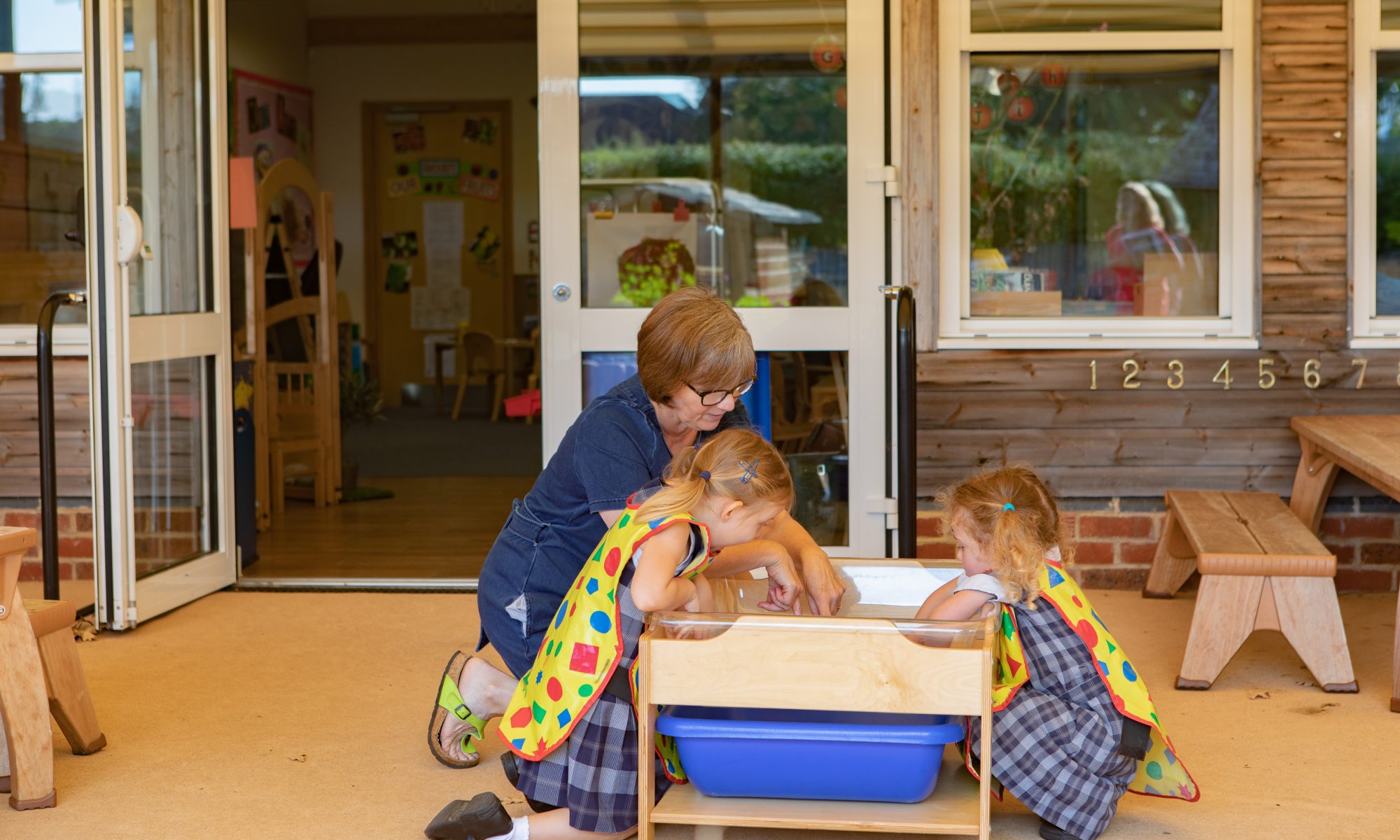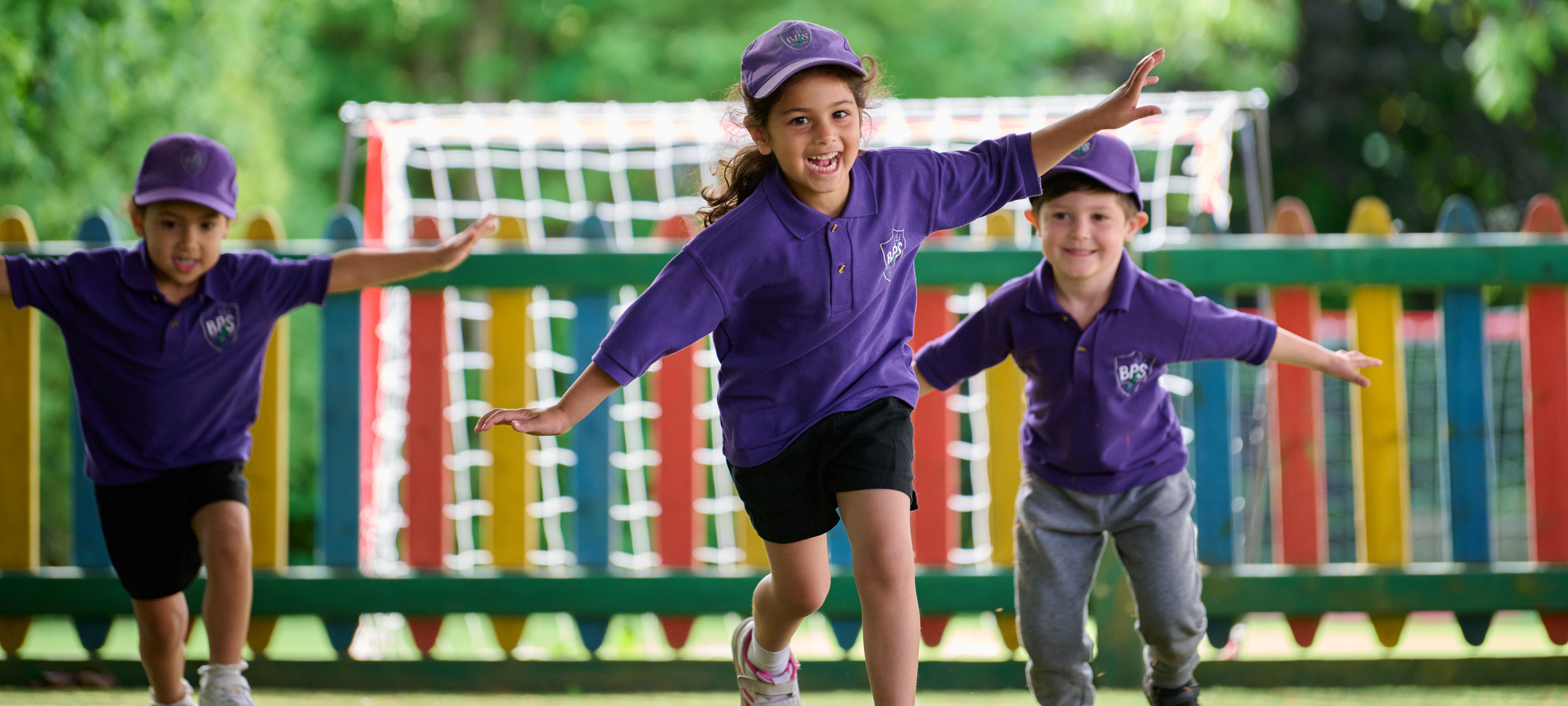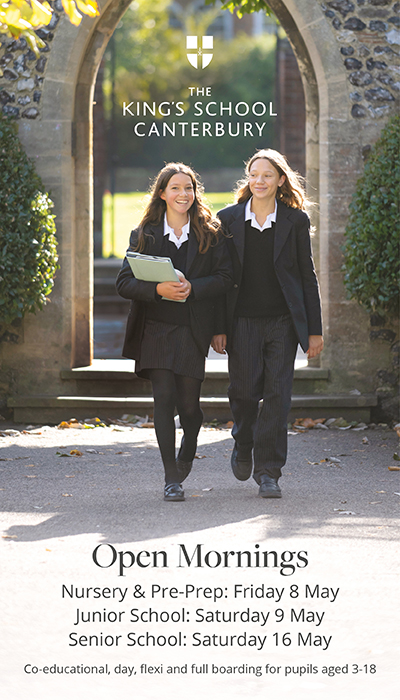We speak to Dulwich Prep Cranbrook’s Georgie Labram about helping children settle in when starting school
What advice would you give to parents before children start at your school?
Children love to be independent and encouraging your child to practise self-care tasks such as organising belongings, dressing and undressing, washing hands and using a knife and fork really supports their confidence. The ability to bounce back is a vital life skill, and parents can promote resilience by inspiring their child to have a go at new activities and challenges. Praise for effort rather than the end result.
How do children benefit from a routine?
Children thrive when they know where they stand and we structure our mornings to set them up for the day ahead. For example, in Little Stream (Years 1 to 4), the children will spend the initial minutes of the morning registering, changing their reading books and going through a visual timetable so they know what to expect. Any changes from the usual schedule will be outlined in advance. A good bedtime routine is also crucial as joining a new school environment is an adventure, but also exhausting.
How do you help children who may feel nervous, settle in?
There is a buddy system in place which pairs new children with a like-minded child in their form. Free time, such as break and lunch, can be daunting for new children, so we ensure familiar teachers look after the children in the playground and sit with them at lunch. If a child is particularly struggling with the transition, their teacher might suggest they bring in a cuddly toy from home which they can keep in their desk drawer.
How do you know when your pupils feel properly settled in?
They gain confidence, establish new friendships and take on more responsibilities. We closely monitor their academic progress: happy children learn. A two-way dialogue with parents is vital and an open door policy is essential to the process.
What do you look forward to about meeting your new pupils?
Every child is an individual. Every perceived ‘weakness’ is a strength in disguise – we love the opportunity to harness a child’s individuality in order to help them to reach their unique potential.
You may also like
Newsboard
Two schools tell us about their latest goings on and invite you to visit… Free to be Me at Bansted Prep At Banstead Prep our focus is on joyful, future-ready learning where every child is Free to be Me –...
What’s Next?
Sixth form is a crucial stage with decisions to be made.We hear from two schools about how they prepare students for their onward journey School 1: Bede’s At Bede’s, while we focus on a joyful school experience, we also recognise...
Awesome Stuff
We hear about STEM – where sparks fly and imaginations fire Halliford school… Each year at Halliford School a dedicated enrichment week is held, including a full Robotics Day during which students learn hands-on skills such as soldering a PCB...












